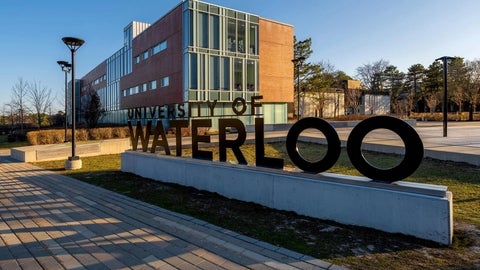
Principles
Principles were developed to help ensure that the University maintains a campus environment that promotes a vibrant culture of intellectual exchange, open inquiry, free expression and inclusive engagement.
These principles and the rationale that informed them can be found in the Task Force on Freedom of Expression and Inclusive Engagement full report